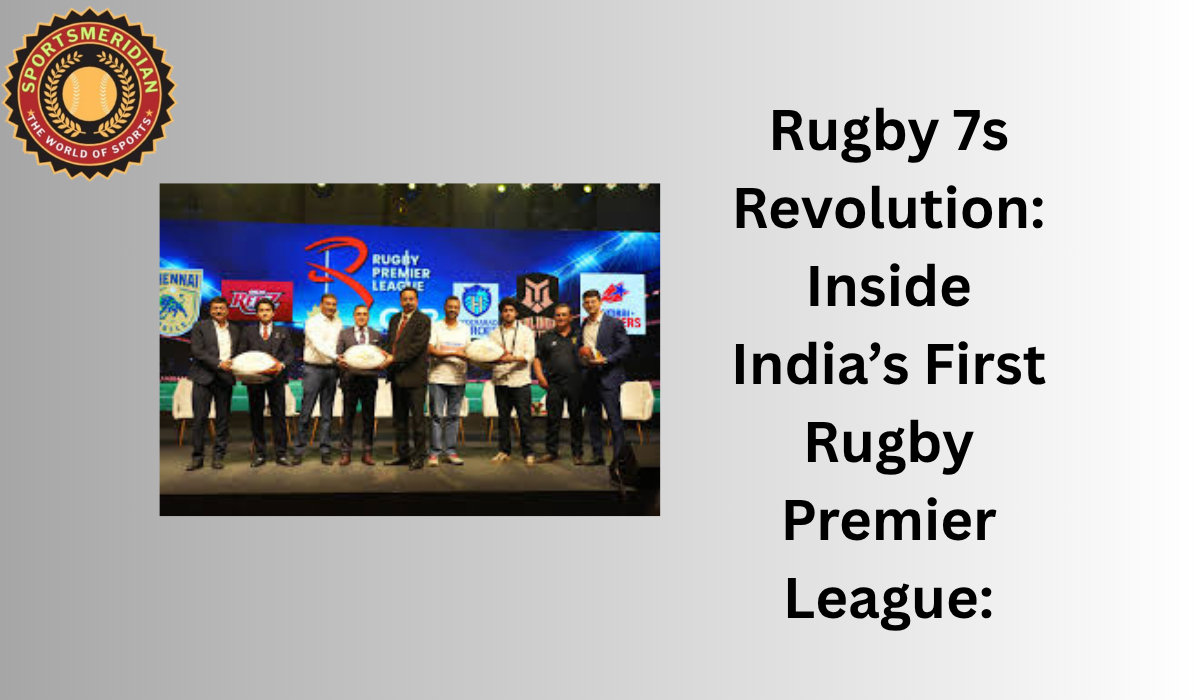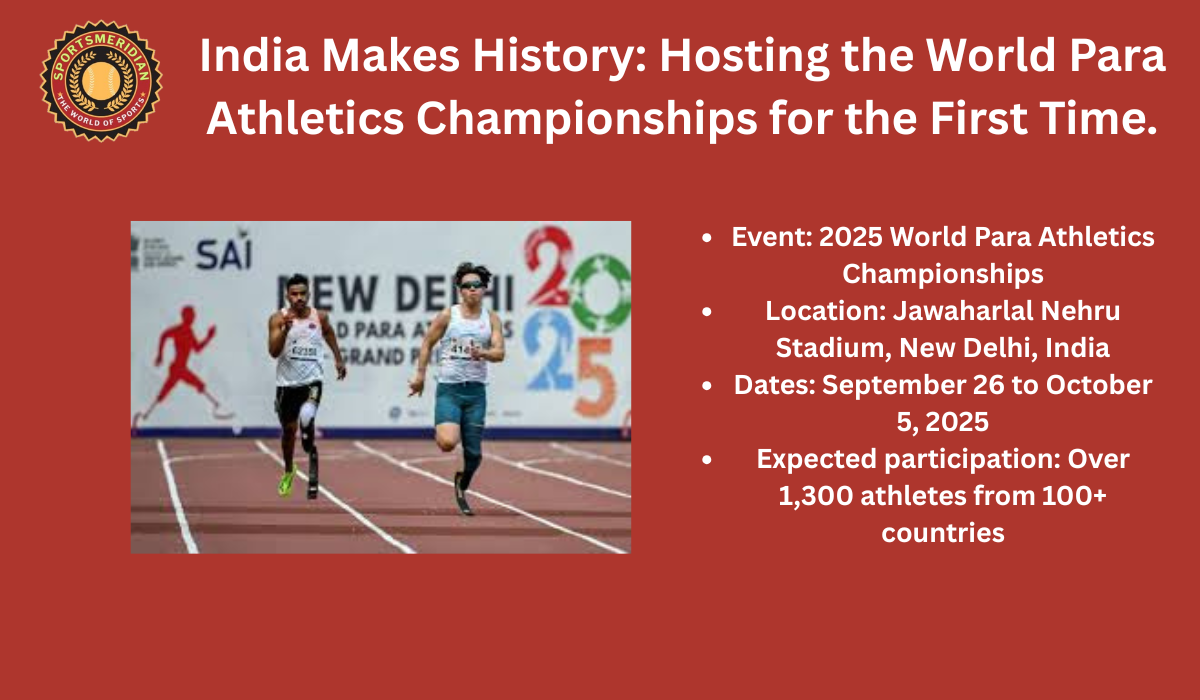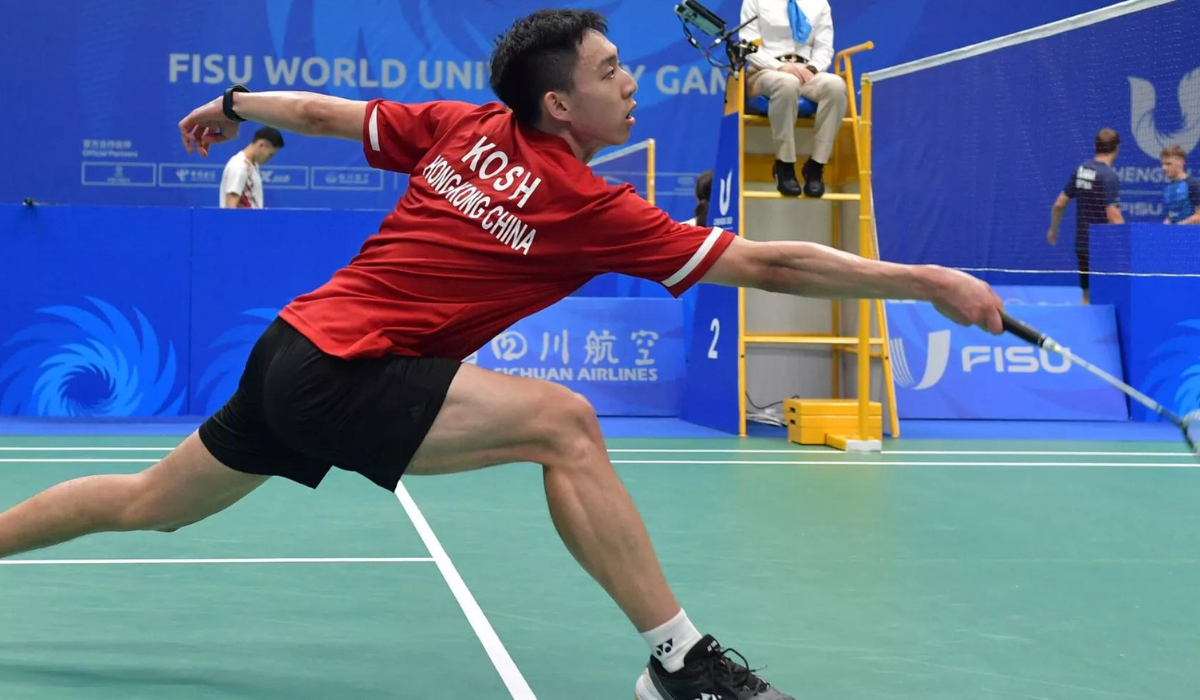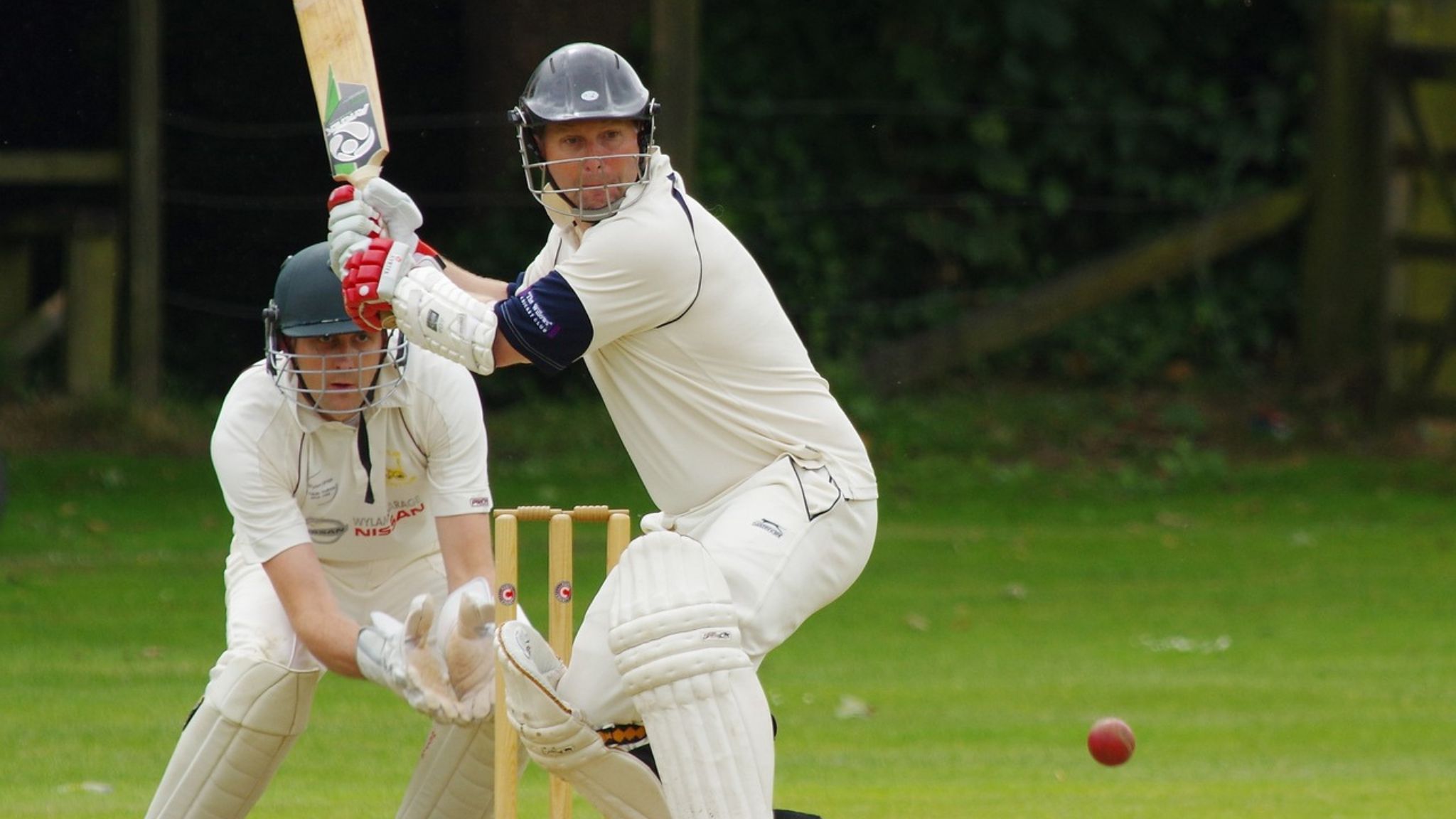India is witnessing a sporting revolution, and this time, it’s not cricket or football stealing the spotlight. The launch of the Rugby Premier League (RPL) marks a historic moment in the country’s sports ecosystem. Held in Mumbai from June 1 to June 15, 2025, the RPL is India’s first franchise-based Rugby 7s league, aiming to bring global attention and local participation to a sport that has long remained in the shadows.
Table of Contents
What is Rugby 7s?
Rugby 7s is a faster, more dynamic version of traditional rugby. Unlike the 15-player format, Rugby 7s features seven players per side and shorter match durations (two halves of seven minutes each), making the game more intense, action-packed, and ideal for TV and digital audiences. It’s been part of the Olympic Games since 2016 and is widely regarded for its fast pace, athleticism, and tactical gameplay.
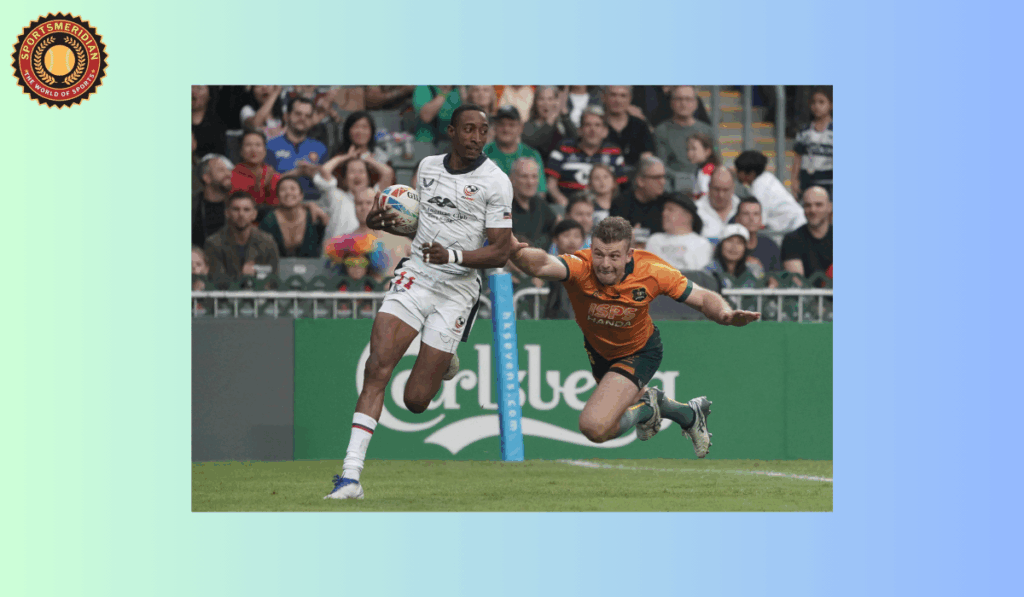
Why Rugby and Why Now?
India’s sports culture is rapidly evolving, with youth exploring alternatives beyond cricket. Rugby, though niche, has been growing steadily in pockets across India, particularly in states like Maharashtra, Odisha, West Bengal, and Tamil Nadu. The introduction of a professional league offers an organized platform to unearth and nurture local talent while tapping into a new fan base.
The Rugby Premier League is a product of collaboration between the Indian Rugby Football Union (IRFU) and private investors, with a mission to promote grassroots development, international exposure, and commercial viability for rugby in India.
Teams and Format
The inaugural season of the RPL features six franchise teams:
- Mumbai Titans
- Delhi Warriors
- Bengaluru Rhinos
- Chennai Chargers
- Pune Panthers
- Kolkata Kings
Each team comprises a mix of domestic players and international stars, offering Indian players a rare opportunity to play alongside and learn from some of the best in the world.
The format follows a round-robin league stage, followed by playoffs and a grand finale. All matches are hosted at the Football Arena in Andheri, Mumbai, with tickets available online and a strong presence on Star Sports and JioCinema for live coverage.
Star Power and International Appeal
What makes the RPL special is its international flavor. The league has attracted players from South Africa, New Zealand, Fiji, and the UK — countries where rugby is a national passion. Global stars like Jerry Tuwai (Fiji), Werner Kok (South Africa), and Dan Norton (UK) are some of the marquee names lending credibility and appeal to the league.
Indian players like Nasser Hussain, Vikas Khatri, and Aditi Mehra are also expected to shine, as they finally get a chance to showcase their talent on a televised stage.
Promoting Rugby at the Grassroots
One of the core objectives of the RPL is to develop rugby at the grassroots level. Each franchise is tied to a city and has committed to setting up training academies, organizing school-level tournaments, and running year-round coaching programs. This initiative is crucial in building a sustainable ecosystem for rugby in India.
The IRFU is also working with schools and universities to include Rugby 7s in their annual sports programs. Through visibility and access, the sport aims to attract youth across different regions.

Digital Engagement and Fan Culture
To engage India’s tech-savvy youth, the RPL has invested heavily in digital marketing, influencer collaborations, and social media content. From behind-the-scenes player vlogs to rule explainers and match highlights, the league is building a unique rugby fan culture in a cricket-dominated landscape.
Interactive platforms, merchandise drops, fantasy leagues, and gamification are further helping the RPL connect with younger audiences who seek more than just passive viewing.
Economic and Employment Opportunities
The Rugby Premier League is not just a sporting event; it’s an economic catalyst. From event management and digital content creation to coaching and physiotherapy, the RPL has opened new avenues for employment and entrepreneurship in the Indian sports sector.
The involvement of sponsors like Tata Capital, BYJU’S, and Red Bull underscores the commercial potential of rugby in India. As the league grows, it could attract more FDI and media rights deals, boosting the country’s sports economy.
Conclusion:
The Rugby 7s Revolution is more than just a sporting event — it’s a movement. By bringing together international stars, domestic talent, and passionate fans, the Rugby Premier League is scripting a new chapter in Indian sports history.
As rugby gains visibility, credibility, and popularity, India may not be far from producing its first global rugby superstar. For now, the RPL is the spark that could ignite a nationwide passion for the sport.



